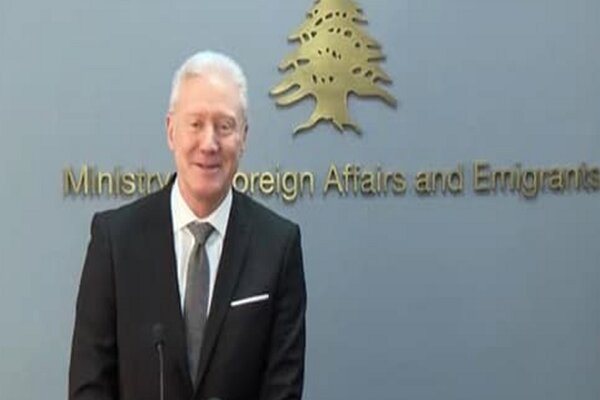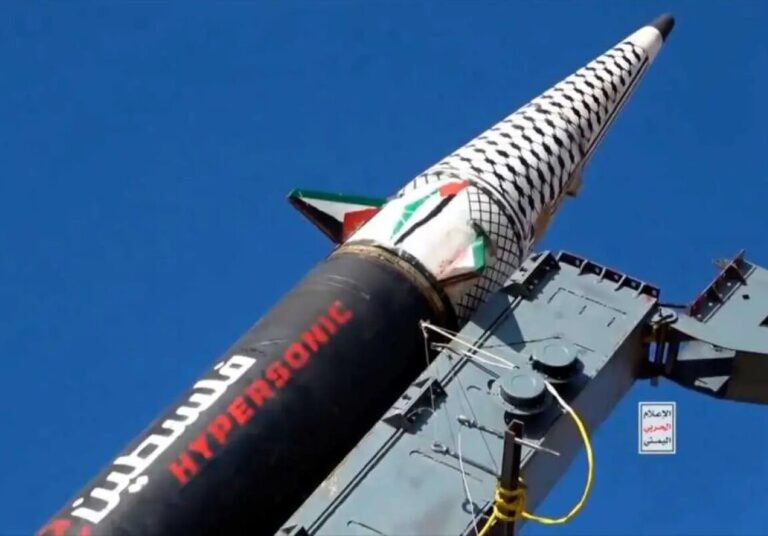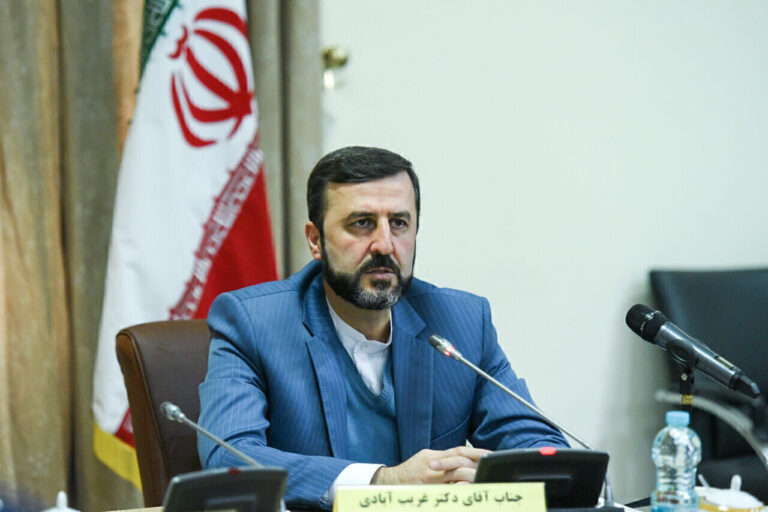Tehran and Beirut: Unraveling the Mystery Behind the Diplomatic Harmony
In recent developments, Lebanon is making significant efforts to assist its citizens in Iran. The focus is on the urgent need for the repatriation of 200 Lebanese nationals who wish to return home. This situation underscores the importance of diplomatic relations and the role of the Lebanese government in ensuring the safety and well-being of its citizens abroad.
In an insightful interview with the Lebanese Broadcasting Corporation International (LBC), Raji, the Lebanese Minister of Foreign Affairs and Emigrants, elaborated on the current efforts being made. He emphasized that the priority is to facilitate the return of these citizens, highlighting the ongoing follow-up by the Lebanese ambassador in Tehran.
Here are some key points from Raji’s interview:
- Repatriation Efforts: Lebanon is actively pursuing the return of 200 Lebanese citizens currently located in Iran.
- Ambassador’s Role: The Lebanese ambassador in Tehran is taking the lead on this matter, ensuring that all necessary arrangements are in place.
- Indirect Flight Arrangements: Lebanon has requested the organization of an indirect flight from Iran to Beirut via Baghdad.
- Government Support: The costs associated with this flight will be covered by the Lebanese government, reflecting a commitment to its citizens.
- Diplomatic Relations: Raji remarked on the unique relationship between Lebanon and Iran, indicating a need for gradual and respectful addressing of the issues at hand.
Raji’s comments highlight the multifaceted nature of Lebanon’s diplomatic relations, as he noted, “Lebanon’s relations with Iran are unique, and we must gradually address the issues while Iran should understand our situation.” This statement reflects the delicate balance that Lebanon seeks to maintain in its international relations while prioritizing the welfare of its citizens.
The situation of Lebanese citizens abroad, especially in regions with complex political dynamics, continues to be a critical concern for the Lebanese government. The measures being undertaken to facilitate their return are part of a broader strategy to enhance the safety and security of Lebanese nationals globally.
As the situation develops, it is essential for the Lebanese government to communicate effectively with both its citizens and international partners. By ensuring that all stakeholders are informed, Lebanon can foster a greater sense of security among its citizens who are currently facing uncertainty in foreign lands.
In conclusion, the Lebanese government’s proactive approach to repatriating its citizens in Iran is commendable. The efforts led by the ambassador in Tehran, along with the commitment of the Lebanese government to cover flight costs, demonstrate a strong dedication to the welfare of its citizens. As noted by Raji, maintaining a respectful and understanding diplomatic relationship with Iran remains crucial as Lebanon navigates this complex situation.
It is hoped that these efforts will yield positive results, allowing Lebanese citizens to return home safely and reinforcing the importance of government support in times of need.






